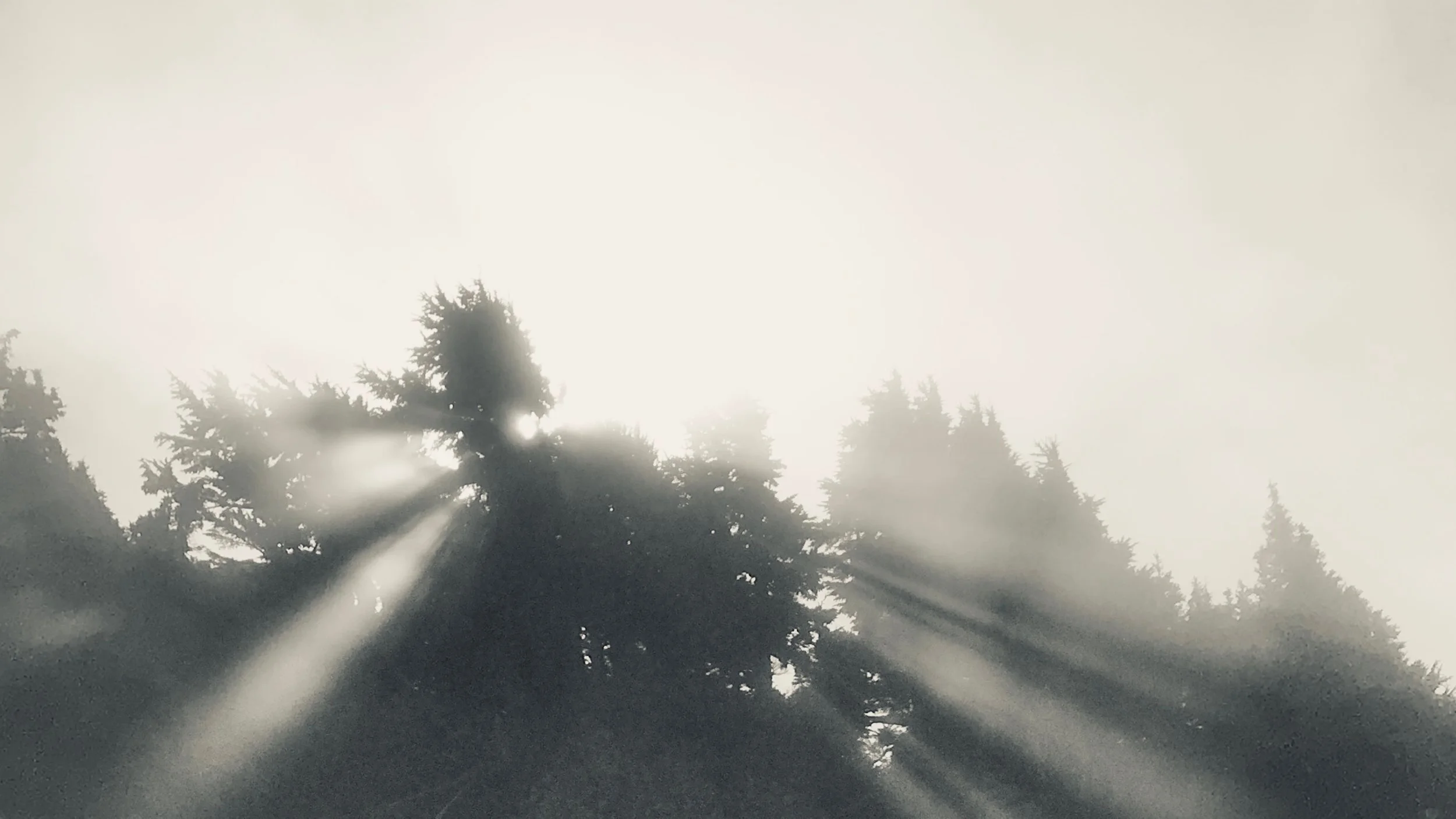There is a stillness we have all experienced. The world stops and steps aside from time’s relentless forward push. In this stillness is a savoring of the world just as it is, not wanting it to be otherwise. We are not carried away by past hurts or fantasies of the future. The world blooms into fullness, presence, and contentment.
A central characteristic of these timeless moments is the absence of story. This blog will feature ideas of unstorying—conversations where we can meet and glimpse what unstorying is for one another and learn from our discoveries. It will be a process where curiosity, insight and love and can replace old bruises and burdens. In the end, we will only love what we understand. Unstorying is a healing of our separateness.
Although there’s a current zeitgeist of narrative therapy—change your story for the better and change your life for the better—that’s not exactly my lens. I’m suggesting a vision beyond the centrality of narrative in relationships. My memoir, Set Adrift, adds up the cumulative cost of storying oneself and one another—judgments and assumptions that we believe and act upon. Stories keep us orphaned from challenging family members, peers and colleagues. Stories can fuel contempt for our partners. Separate us into political silos. Our own self-story, Buddhist psychologist Tara Brach notes, is all too often a “trance of unworthiness” that robs us of joy.
Is it possible to be present with experience and not divide the world into Self and Other? Frank Osteseski (author of The Five Invitations: Discovering What Death Can Teach Us About Living Fully) claims we either have stories about one another or we have intimacy. We’ve all experienced being so utterly present with another person that boundaries and stories vanish. What irretrievable opportunities for connection to friends and kin have been missed from your assumptions? What would you need to do and ask of someone who is an "Other" politically to see their humanity? How can empathy and unstorying heal our separateness?
Unstorying is an iterative process: Because what if—and this is one of Set Adrift’s main themes—we keep in mind that all stories are necessarily partial? How could this not be so? We don’t even understand our own minds. Scientists estimate that we are conscious of approximately 5 percent of our cognitive activity, so most of our perceptions, decisions, views, and emotions come to the fore by mysterious threads. If you controlled your feelings, would you ever choose to suffer? Would anyone? Stories are how suffering makes sense of itself and how the human tribe grasps for meaning and belonging. But beware: stories will use us unless we remember that our truths are, inevitably, partial and provisional.
We are so much bigger than our stories—the stories we tell about ourselves and the stories we believe about others. Always, I’ve found that the more difficult the person, the bigger the trauma behind him/her. Dig for the backstory. Find out more. Listen deeply. What don’t we know about their situation? What else is present? The great Zen master Thich Nhat Hanh cautions us to restrain assumptions and conclusions and advises that we tape this saying on our bathroom mirrors: Are you sure? Ven. Thubten Chodron wrote a book entitled, Don’t Believe Everything You Think. That, too, could be taped on the mirror.
Before and after Set Adrift is released in June of 2023, my Facebook page will be a place to meet and post stories that we’ve believed about ourselves, about our friends, family, and neighbors that cut us off from them—and then your unstory. I’ll post prompts. In what ways were your assumptions wrong? What opportunities have you missed for love by your conclusions about another person? About yourself? What opportunities still remain? How do we untangle the tight knot that is the Self, that Self who wants certainty and belonging through fixed stories?
I will lead memoir workshops as well, where we investigate our old stories, how we’ve shaped meaning in our lives, of one another, and of the world. Workshops where stories that diminish one another become transparent and lose some of their power over the future and where we can discover an authenticity beyond any story—that of compassion.
Do you have a STORY and its UNSTORY to share? A time when all your assumptions were wrong? I’d love to hear about it and what you learned from the experience!



